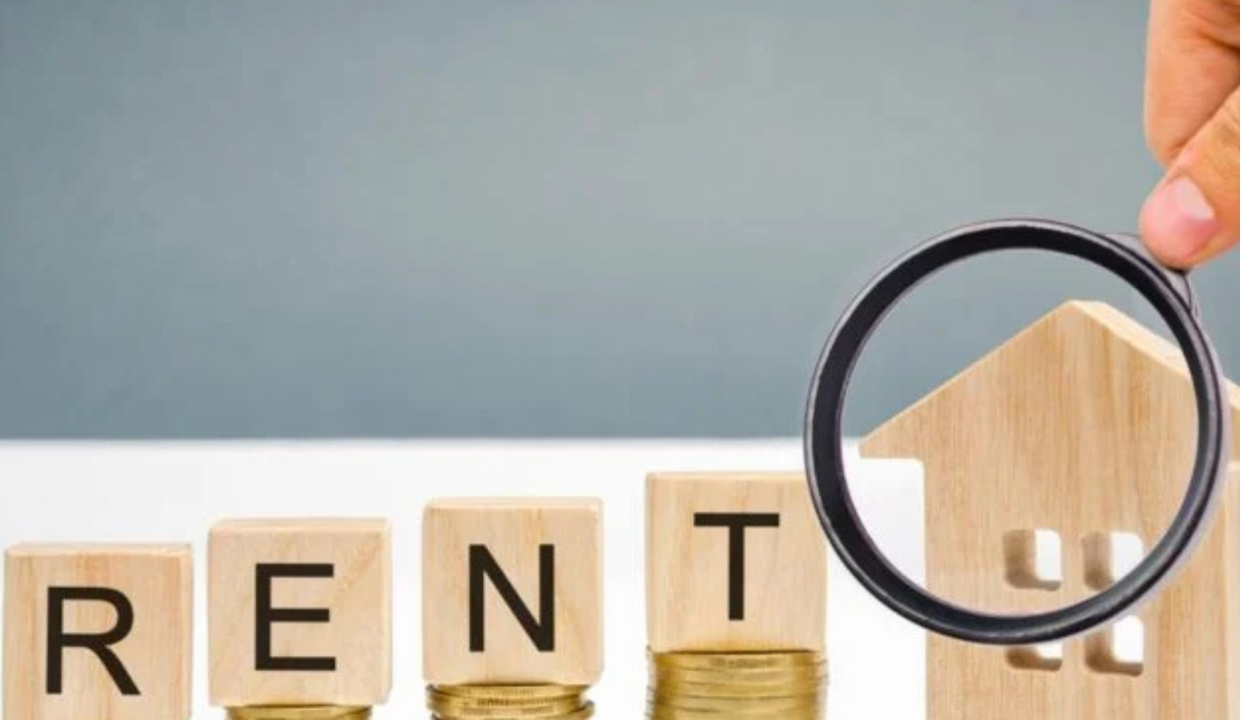
Rent arrears can be a challenging issue, causing stress for both landlords and tenants alike. Late rent payments affect landlords’ income and can strain the landlord-tenant relationship, while tenants often feel anxious when they face financial difficulties. However, understanding the options available and knowing how to approach the issue calmly can lead to smoother resolutions. Here’s a guide on handling rent arrears effectively, with insights on rights, responsibilities, and practical tips for resolution.
-
Understanding Rent Arrears: What Causes Late Rent Payments?
Rent arrears occur when a tenant is unable to make rent payments by the due date. Common causes include job loss, unexpected medical expenses, or other financial hardships. As life’s curveballs can affect anyone, it’s helpful for both landlords and tenants to approach the situation with empathy and a focus on solutions.

-
The Landlord’s Perspective: Legal Rights and Steps
When rent payments fall behind, landlords must handle the situation carefully to comply with UK rental laws and protect their rights.
-
Legal Notice Requirements:
In the UK, landlords must follow specific notice periods before taking further action. For example, in cases of rent arrears, landlords can issue a Section 8 Notice after two months of missed payments. This legal document provides grounds for repossession, but it’s often used as a last resort.

-
Communication First:
Reaching out to the tenant to discuss the issue directly can help clarify misunderstandings and uncover possible solutions. Many cases of rent arrears can be resolved through open communication, without escalating to legal action.
-
Agreeing to a Payment Plan:
If the tenant’s financial hardship is temporary, consider offering a Rent Repayment Plan. Agreeing on a structured plan, where the tenant can gradually clear the arrears alongside regular rent payments, often leads to positive outcomes and reduces tenant turnover.
-
Professional Mediation Services:
When communication stalls or tensions rise, landlords may consider Mediation Services. These services facilitate fair negotiations between both parties, promoting understanding and creating an agreeable path forward.
-
The Tenant’s Perspective: Rights and Steps for Resolution
If you’re a tenant struggling to keep up with rent, knowing your rights and options is essential. Here’s how to approach rent arrears:
-
Early Communication with Your Landlord:
Many landlords are understanding if tenants communicate their difficulties early. Being open about your financial situation can sometimes prevent legal escalation and even lead to temporary rent relief.
-
Seeking Financial Assistance:
Tenants facing financial hardship can explore Housing Benefits or Universal Credit if eligible. These benefits can provide temporary relief and help tenants stay on top of rent payments.
-
Requesting a Repayment Plan:
If you’re temporarily unable to pay the full rent, propose a Repayment Plan to your landlord. Demonstrating your commitment to resolving the arrears by paying in smaller, manageable installments can reassure your landlord of your intention to meet your obligations.
-
Legal Protections for Tenants:
Tenants are entitled to proper notice and a fair legal process. If a landlord pressures you without following legal requirements, know that there are resources available to protect tenant rights, including legal aid services and local councils.
-
Practical Tips for Avoiding Future Rent Arrears
Building a proactive approach to prevent rent arrears benefits both parties.
Here are some strategies:
For Landlords:
- Conduct Thorough Tenant Screenings: Screening tenants based on employment status, rental history, and credit score helps identify reliable tenants.
- Set Up Automated Payment Reminders: Friendly reminders before rent is due can help tenants stay on track, especially those with busy schedules.
- Establish Clear Rental Terms: Clearly outline rent due dates, late fees, and procedures for missed payments in the tenancy agreement to prevent confusion.
For Tenants:
- Budgeting for Rent Payments: Prioritize rent in your monthly budget and set aside funds well before rent is due.
- Consider Rental Insurance: Some insurance policies provide rental income protection in cases of sudden job loss or health issues.
- Maintain Open Communication: If financial issues arise, staying communicative and transparent with your landlord shows goodwill and fosters a positive landlord-tenant relationship.
-
When to Seek Legal Advice

Sometimes, rent arrears may escalate despite best efforts. Both landlords and tenants should know when it’s time to seek legal counsel:
- For Landlords: If rent arrears persist without resolution, consult with a property solicitor to understand the correct legal processes. A solicitor can guide you through eviction processes, if necessary, while ensuring you follow the law.
- For Tenants: If you feel your rights are being overlooked or if an eviction notice has been served, contact legal aid services. Many organizations, like Citizens Advice or Shelter, provide support to tenants facing housing issues.
Conclusion:
Handling rent arrears doesn’t have to be a contentious experience. With open communication, empathy, and a focus on collaborative problem-solving, landlords and tenants can often resolve payment issues without legal action. By approaching rent arrears constructively, both parties can maintain a respectful relationship and work toward a win-win solution.
If you’re a landlord or tenant facing rent arrears, remember: there are resources, strategies, and legal protections to guide you. Each situation is unique, and a balanced approach can pave the way for a smooth resolution.

